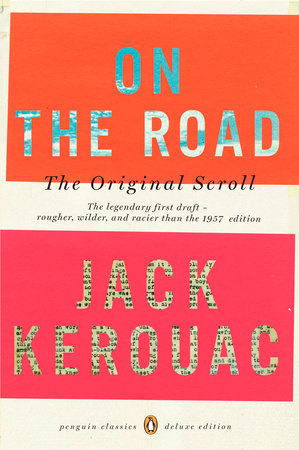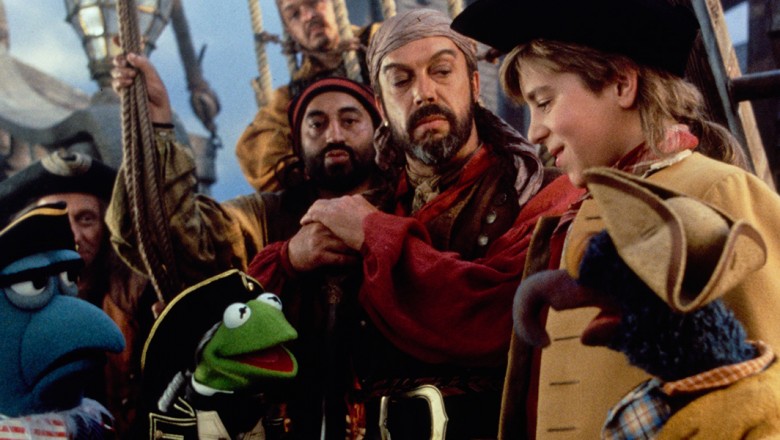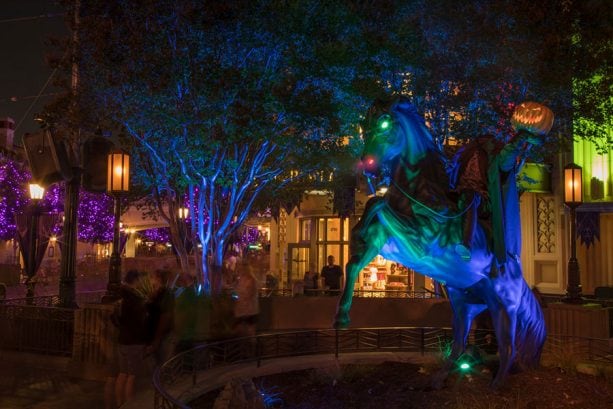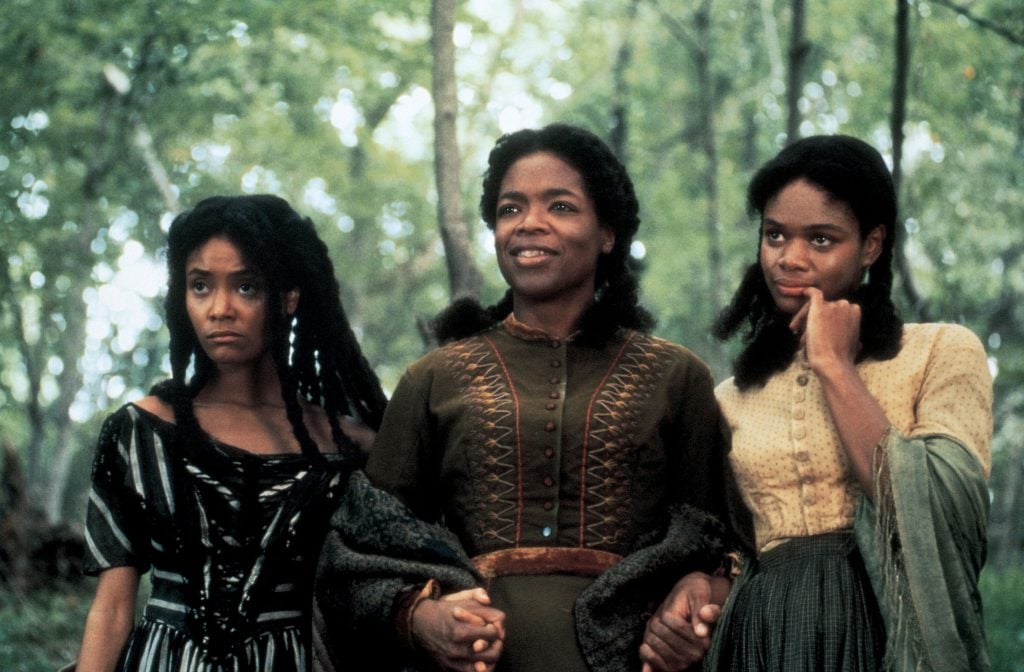Somehow, “Classics” was my second most read genre in 2022, right after Fantasy. To be honest, I read a lot of short ones and they added up. I find reading classics helpful for my personal development. Older books from different eras, which have withstood the test of time, allow me to think about literature differently. They flex my brain muscles. Sometimes.
I try to get through a couple every month, and usually just read whatever ends up in my lap. Also, I run a book club and try to chuck a couple of classics in there. I’ll continue to do that in 2023, but also I’m making a commitment to conscientiously read more diversely, not only with Classics but Fantasy as well. I’m so preoccupied with catching up that, often, I forget to reflect on why the most popular classics reached that status. I thought I was doing a good job, but looking back on the year… yeah I have a ways to go.

This ranking is in order of personal enjoyment, but if I think a book is bad, I will share why. These books are considered classics per The Storygraph’s database. There are a couple of other books I would personally qualify as classics that did not make the list, but alas, I have decided to abide by a rigid system of classification. Be sure to look up any content warnings if you decide to pick any of these up.
Also, be warned that there are quite a few spooky stories in here. This year I tried writing something in that genre and knew I had to become well acquainted with the gothic/spooky/monster vibes. I asked around for recommendations, and most of what was given to me happened to be the #classics.
18. On The Road by Jack Kerouac

I have a full review of this one on GoodReads, but man, this book blows. I chose to read it because I’m actually one of the cringiest people alive. I heard it was an inspiration for Supernatural (yes, the TV show) and also I’m assuming a source of inspiration for the musical The Mad Ones. I have not seen The Mad Ones but this song is on repeat in my brain constantly (my favorite version on Spotify). And so, I thought I was receiving some sort of divine nudge from the universe to read it. Or, at the very least, I was curious.
As Truman Capote most eloquently described Jack Kerouac’s work, “That’s not writing, that’s just typingwriting.” I picked up On The Road because it seemed like a short read, not a huge investment, but it seemed to drag on forever. It was indulgent in how much it depicted, especially its racism and sexism. For how irrational and adventurous the main characters were, I found much of it to be incredibly dull. Within 50 pages, we can surmise the point of the book, and yet there’s more left. Most of the interesting ideas are left by the wayside in favor of long ramblings from the main character or second hand recollections of exploits by the supporting characters. I hated most of the people in this book and did not care about them. The Americana free spirit vibes were the primary driving force attempting to keep the narrative together, and although it was vivid and fresh at times, it could not overcome the book’s pitfalls.
I go more into what On The Road does right, how its unfocused nature ruins any point it’s trying to make, and compare it to Breakfast at Tiffany’s in my GoodReads review. But it’s safe to say that I was not a fan.
17. The Murders in the Rue Morgue by Edgar Allen Poe
:focal(1096x852:1097x853)/https://tf-cmsv2-smithsonianmag-media.s3.amazonaws.com/filer/c0/b4/c0b41ae2-b449-4157-a874-34f78c0279ee/poe-portrait.jpg)
I read three Poe short stories in preparation for spooky season, and I cannot call myself a fan of any of them. I might be reading the wrong sorts of works from him, but alas.
The Murders in the Rue Morgue by far was the worst of the three. Poe should stay away from murder mysteries. The introduction in which the detective explains how he uses logic to step through an issue, although dry, I actually found very enjoyable. Then we get into the actual mystery and it all falls apart. The clues aren’t intriguing, the list of suspects and their motives are poor, and the mystery is unsatisfying. Extreme violence is used for shock value, and the mystery culminates in one of my least favorite tropes. This story left a bad taste in my mouth.
If you like mysteries, maybe give it a go? Or you should do yourself a favor and read a Christie instead.
16. The System of Dr. Tarr and Professor Feather by Edgar Allen Poe
I have no strong feelings. It was all vibes, but none of them were particularly strong. There is a pretty consistent sense of dread throughout reading it, which peaks nicely at the end. It just isn’t very imaginative. A so-so story.
15. The Imp of the Perverse by Edgar Allen Poe
Ah, the best of the Poe stories. Imp of the Perverse is a manic short. The setup is interesting as it explores self-destructive impulses through metaphor. It actually gives you something to chew on and both succeeds in creating a sense of horror and dread while exploring it in an unconventional way. I could have better appreciated it if more was told through story than explanation of the metaphor, but it still does well.
14. Dr. Jekyll and Mr. Hyde by Robert Louis Stevenson

I read this book because I found a Signet Classics copy for one dollar at a library book sale and thought it would look cute next to my Signet Classics copy of Phantom of the Opera. The cover is horrendously ugly (it’s the same one to the left). Once again, it was a short read so I thought I’d give it a go.
The premise, the concept of the split self, is compelling. But, this is a big but, the setup is lackluster. The way the story unfolds lacks tension and intrigue. It’s structured almost as if it’s a mystery, but we already know the mystery of it, so it’s not really a mystery. It’s just boring to wade through, as the actually Dr. Jeckyll and Mr. Hyde are not featured as much as they really should be.
13. Treasure Island by Robert Louis Stevenson

Read this one because I decided to go two for two on Robert Louis Stevenson. Treasure Planet and Muppet Treasure Island are both adaptations I regard with nothing but the upmost fondness. So, when I opened Treasure Island, I expected to find the beating heart of those two films that I find so dear. It certainly is not what I got.
Treasure Island is a boyish adventure. Many adaptations make the material more compelling by giving it a sense of tenderness, sort of a found family vibe. But the original lacks those relationships. It’s swapped out for a sense of danger and adventure and villainy. It just isn’t for me.
I will say, there are some raw lines in there. This book basically invented the pirate stereotype, and while dead men don’t bite, Stevenson gave his pirates plenty of bite.
12. Dracula by Bram Stoker
This is where I begin to think the books are enjoyable, and I looked forward to getting through them. I would place these at “middle of the road”, though.
I am very sorry to the Dracula fans out there. I don’t think it’s a bad book. I liked the characters and found myself very invested in their wellbeing. There were portions of the story when I paid rapt attention to every word and held my breath, hoping that the characters would pull through.
It’s a little weird to read Dracula. Pop culture has warped our understanding of the source material. All of the major and ghastly revelations of the book are now common knowledge. Dracula is a vampire? Wow? Real shit? You’re meaning to tell me that he’s a vampire? Really? My familiarity with the mythos of Dracula definitely colored my reading experience, I cannot lie. It felt like a lot of explaining and beating around the bush. If I could go in completely blind, I’m sure it would’ve been a much more intriguing read.
11. Something Wicked This Way Comes by Ray Bradbury

This was a roller coaster. I’m not a fan of Fahrenheit 451, so I wasn’t sure how I’d fare with another Ray Bradbury. This book is good, though I found it very hot and cold. Once again, like Treasure Island, the adventure parts and the boyish danger of the novel was boring. But there were some scenes, little nuggets of conversation, that were so deeply personal and interesting that I wished I could spend forever in them. The book is at its most fascinating when concerned with the nature of humanity. The vibes are immaculate and the prose gave the story a great sort of texture. Sometimes the novel loses sight of what makes it good, and it feels like it’s slipping off the rails, but it comes back just in time to keep you engaged.
10. The Legend of the Sleepy Hollow by Washington Irving

We’re getting more into what I enjoyed now.
This short story is all vibes. Fall vibes and spookiness. The prose was bright and colorful and the short story goes on just long enough to keep you from growing restless. It’s a fun read. No substance, but I enjoyed myself.
9. Utopia by Thomas Moore

I read this one because I found a really nice vintage copy at a library sale. It really throws a wrench in my Storygraph stats because now I have this random outlier of a book that was published in 1516. It’s funny how many of the social problems described at the beginning are still somewhat relevant today. The greed of man, innit?
The rest of the book is then dedicated to outlining a satirical utopian society. Were all the solutions presented good? Of course not. But. I will not lie. I found the description of this fake fictional society interesting. If such a society truly existed, would people behave in this manner? This would not be the way to create a true utopia, but are there any ideas from this text we could harvest to make it so? It’s a short read, and I found it compelling.
8. Much ado about Nothing by William Shakespeare [My May Book Club Pick]

Not many thoughts on this. Shakespeare is the GOAT, but nothing about this particularly stood out to me. Read it because it’s my bestie Em’s favorite Shakespeare. His verse is always firing on all cylinders.
Also I didn’t know Keanu Reeves was in the Keith Branagh adaptation until I Googled for pictures. And wow, Denzel Washington, Emma Thompson, and Michael Keaton too. Going on my 2023 watchlist.
7. Hamlet by William Shakespeare [My May Book Club Pick]

And this is where I start to consider these classics great.
Like I said, Shakespeare is the GOAT. Hamlet pulled at me in ways that tragedies are meant to. I didn’t enjoy it as much as I did Romeo and Juliet but it was still a great listen/read. I recognized a lot of the famous lines and they’re even better in context, though it still managed to surprise me because I went in as blind as you could possibly be. Most of the surprises came from the convoluted logic that shapes the plot, but alas, that’s what keeps it interesting, no?
6. Beloved by Toni Morrison [My October Book Club Pick]
Increadibly, incredibly, harrowing. Toni Morrison crafts a narrative unlike any other. I don’t even know what I can say about Beloved that would be insightful. It weaves together such a complicated textile of emotions and commentary and horror. I also went into this book blind, and it just wore away at me until I thought there’d be nothing left. But, alas, the ending is good. As a cohesive work, it’s just… very potent. It’s meant to be confusing, but that stylistic choice only strengthens the narrative. A well deserved Pulitzer winner.
5. A Single Man by Christopher Isherwood [My January Book Club Pick]
I may be gassing this one up too much because it was one of my first reads of 2022 and I was a little too excited to get to it. But it’s good. It’s more of a novella, detailing a day in the life of a gay man in 1962. And man, he packs a lot into that one day. It’s very frank, at times refreshing, and sometimes teeters next to stream of consciousness. It uses its space well. It can become a little strange, but I think people are weird, and I’d rather engage with oddity than drivel.
4. Frankenstein by Mary Shelley [My December Book Club Pick]
Once again, I don’t think there’s much that can be said that hasn’t already been said. I wasn’t sure what exactly to expect from Frankenstein, as its adaptations often take liberties, but I was far from disappointed. Shelley’s prose is clear and straightforward. Her desolate tale follows a man who sought the impossible without thought of consequences and suffered them harshly. The strife of his creature is one laden with a peculiar sense of empathy. It’s impossible to remain unmoved. If Frankenstein had simply chosen to be besties with the creature he made, would he be in that entire mess? I don’t think so.
3. The Left Hand of Darkness by Ursula K. Le Guin [My March Book Club Pick]
Ursula K. Le Guin is my personal GOAT. I read five of her books this year. This is the only one Storygraph considers a classic, but my favorite was The Dispossessed and I consider that a classic as well.
The Left Hand of Darkness is often regarded as one of the great works of science fiction, an insight into the false construction of binaries and an exploration of gender. And it succeeds greatly, mostly through the raw power of homoerotic tension. What can I say.
Many of Le Guin’s works start off slow, and that’s why I’m a little hesitant to place this higher, but cohesively it’s a fantastic work. Le Guin is one of the greatest authors of the 21st century, mostly because as a genre author she has an incredible understanding of how to utilize allegory and metaphor. Her introduction to this book is how I fell in love with her mind. She just gets it.
2. And Then There Were None by Agatha Christie [My August Book Club Pick]

Oh, Christie slayed. I don’t think this is a murder mystery in any traditional sense of the word. Usually, I’d critique how the motives were established, the suspects were profiled, the clues presented, and if there was a satisfying conclusion. This book throws all of those conventions out of the window. We know that everyone is guilty, the question, then, is who is the killer. A group of unconventional people is trapped on an island, and they all begin to die off one by one until there are none left.
By the end of the book, it’s less about solving the mystery of the killer and more about the characters desperately trying to survive. It’s about the alliances they make, how they turn on one another, how their desperation grows. It’s engaging in a way any other murder mystery can’t attempt because it’s half psychological thriller. It’s part horror. Christie does some great ensemble work with the cast, which is perfect because the premise relies on the strength of the characters. A fantastic read.
1. Pride and Prejudice by Jane Austen]
The 2005 film adaptation of this book psychologically changed me. So I must read the original, and boy oh boy, it did not disappoint. Jane Austen gets to the point clearly and concisely, artfully crafting bright and compelling characters caught in a whirlwind of miscommunications and unfortunate circumstances. The tension between Elizabeth and Darcy is iconic for a reason, and I fear I may never read another romance that rivals it. In its name, Pride and Prejudice, is a delicate see-saw between the flaws of the main pair, but it’s never too frustrating or lame. The book is simply wonderfully constructed and executed, and I can think of no other classic romance that is more deserving of its legacy.



%20Rina%20Sawayama%20-%20Frankenstein%20%231.png)

